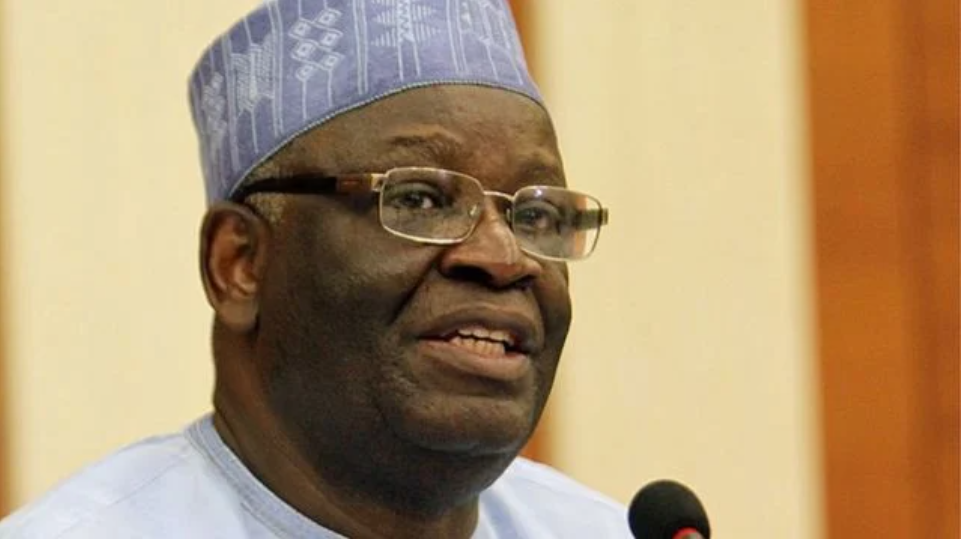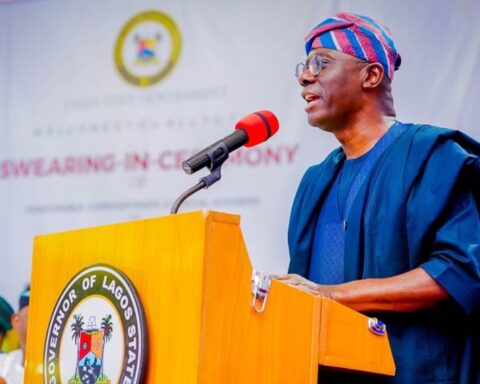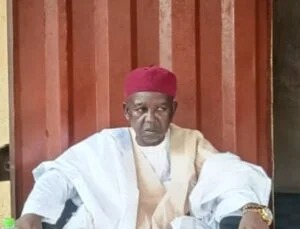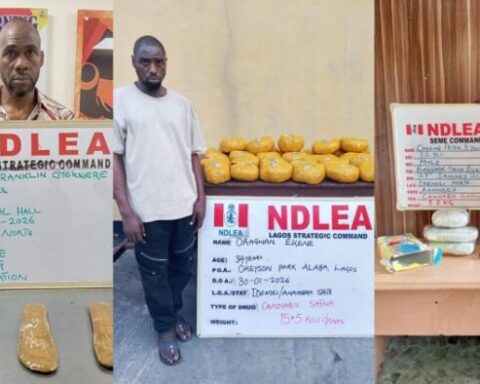In the corridors of power and among the people in the markets of Kano, Lagos, and Enugu, the debate continues: What legacy does former President Muhammadu Buhari leave behind on the economic front? According to Professor Ibrahim Gambari, former Chief of Staff to the President, the answer is far from settled. “Buhari’s economic policies are very much in contention,” Gambari said recently at a policy roundtable in Abuja, stirring both applause and renewed debate.
Buhari’s presidency, spanning from 2015 to 2023, was marked by a mixture of populist promises, statist economic management, and prolonged economic strain. He inherited an economy heavily reliant on oil revenues, with dwindling reserves and widespread corruption. His administration made fighting corruption and diversifying the economy central goals. Yet, years later, the results remain controversial.
Under his watch, Nigeria experienced two recessions (2016 and 2020), inflation climbed, and the naira faced consistent depreciation. Unemployment, especially among the youth, reached alarming levels. However, defenders of his administration point to significant investment in infrastructure, efforts to boost agriculture through the Anchor Borrowers Programme, and the push for self-sufficiency in food production.
Professor Gambari, known for his diplomatic nuance, chose his words carefully. “There were policies grounded in good intentions, but execution and global economic shocks worked against them,” he said. He highlighted Buhari’s efforts at shielding the economy through import restrictions and the closure of land borders in 2019, decisions aimed at protecting local industries but criticized for stifling trade.
Gambari also noted that the administration underestimated the complexity of monetary policy. “The multiple exchange rate system created distortions that investors found difficult to navigate,” he remarked, echoing sentiments shared by international financial institutions during Buhari’s tenure.
Critics of Buhari’s economic team often point to the Central Bank’s controversial interventions and what they call a lack of coherent macroeconomic strategy. Former Vice President Atiku Abubakar once described Buhari’s economic policies as “a recipe for poverty.”
But supporters counter this by citing the revival of moribund rail lines, expanded fertilizer production, and increased capital expenditure as signs of structural groundwork being laid. “You don’t judge a builder by the dust; you wait to see the house,” said a senior APC official in response to Gambari’s remarks.
Perhaps what makes Buhari’s economic legacy “very much in contention,” as Gambari phrased it, is its unfinished nature. President Bola Tinubu, his successor, has swiftly moved to dismantle some of the former administration’s policies — notably the fuel subsidy and exchange rate controls — moves that suggest a shift but also an acknowledgment of the challenges Buhari left behind.
As Nigerians grapple with rising costs of living and a fragile economy, the jury remains out. Was Buhari a reformer shackled by circumstance or a leader too rigid in vision and slow in response?
What is clear is this: the debate over Buhari’s economic legacy is not merely academic — it is lived daily by millions of Nigerians, making Gambari’s words not just reflective, but prophetic.



























